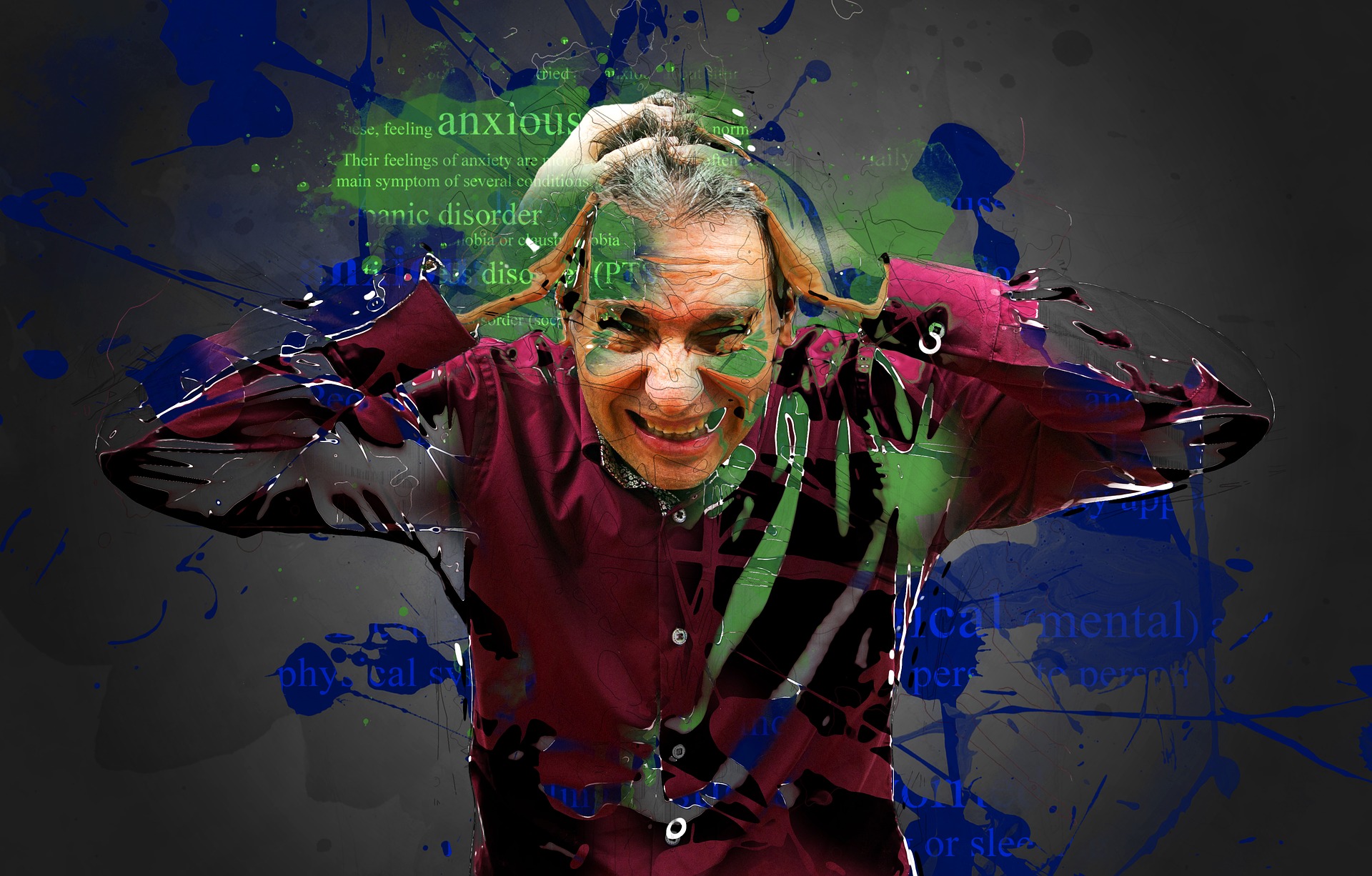All of a sudden your heart is pounding, you’re shaking from head to toe and you can’t catch your breath; it’s happening again, you’re having a panic attack.
If you have ever experienced a panic attack then you will know just how horrible they are, scary, embarrassing and exhausting. A panic attack happens when our ‘threat’ response goes into overdrive. As I’ve explored in previous blogs on anxiety this response often known as our ‘fight or flight’ response is perfectly naturally but a panic attack is anxiety at it’s extreme.
There are many different things which can trigger a panic attack such as, being under extreme stress for a prolonged period of time, feeling trapped, or being reminded of a traumatic incident from our past.
At the time of a panic attack the physical sensations are very intense and might lead us to worry that something is seriously wrong. We might think we are having a heart attack, that we’re going to pass out or that we’re going mad. The good news is that panic attacks are perfectly harmless.
When we feel scared like this it is understandable that we will do things to try to make ourselves feel safer. In therapy we call these things ‘safety behaviours’, but in fact these behaviours could unintentionally be making our anxiety worse and be preventing us from learning that the symptoms are not harmful.
Here are some tips for how to cope with a panic attack …
- If you feel a panic attack coming on then stay where you are – don’t leave the situation.
- Remind yourself that although the physical sensations are horrible they cannot harm you.
- Try to ride out the attack and keep doing what you were doing. Give yourself a chance to see that nothing bad is going to happen to you.
- Remind yourself that it will pass and you will be able to continue with the rest of your day.
- Don’t let panic attacks stop you from living a full life. If you’ve had a panic attack in a particular place it can be tempting to avoid going back there but don’t fall into this negative cycle.
- Make sure that you are looking after yourself well. Avoid caffeine, alcohol and illegal drugs as these can all increase anxiety. Eat healthily and exercise regularly. Practice gratitude and mindfulness.
- If panic attacks are upsetting you and interfering with your day to day life then consider seeking professional help by speaking to your GP or starting some therapy (my previous blog on how to choose a therapist may be helpful).
- Finally, keep a diary of your panic attacks as this will help you to spot any patterns and can be very helpful to share with a health professional if you decide to seek help. Make a note of the time of day they happen, where you are, what you are doing, the physical symptoms, what you fear at the time and what you do.

